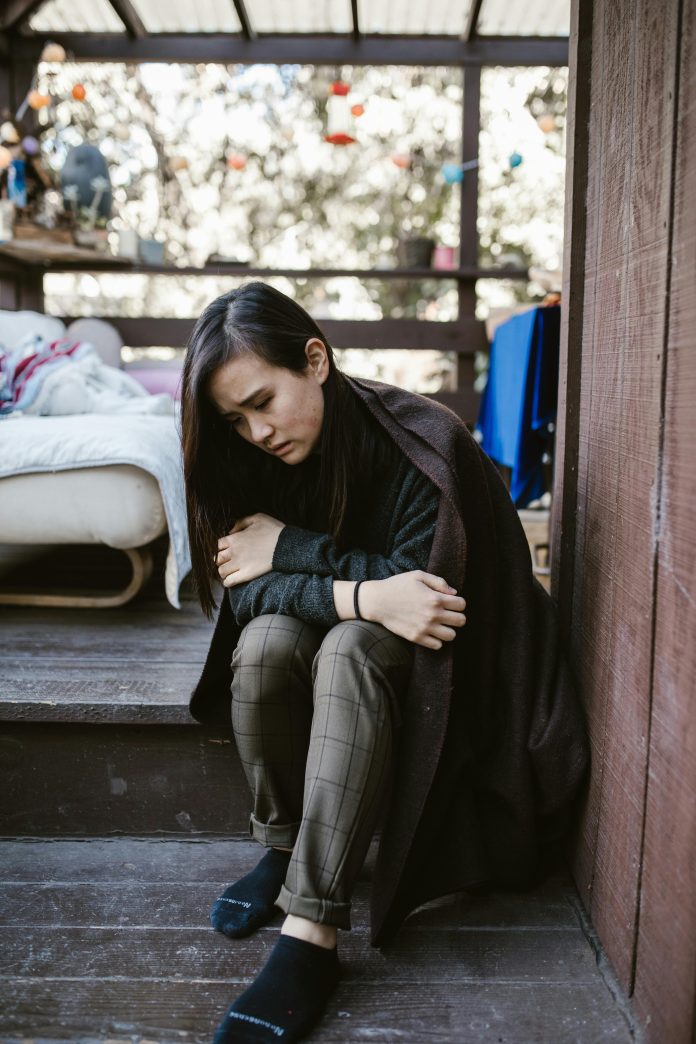
Over the years I have worked with many clients who were desperately unhappy in their relationship. Some stay even though there is abuse, and their sense of self is all but destroyed.
There are many reasons for this. One common reason is familiarity. Over time people may become accustomed to the partner and their routines even though they are unhealthy. This can create a sense of comfort and security, making it hard to imagine life without that partner despite the difficulties.
Another common reason for staying is fear of being alone or starting over, especially if it has been a long relationship. The idea of facing the unknown can be overwhelming, leading people to stay in an unhappy situation rather than taking a chance on being alone.
Sometimes too, it is feelings of guilt or obligation that keeps people stuck in a bad situation.
They may feel responsible for the partner’s wellbeing or worry about the impact a breakup could have on family or their social circle. This sense of duty can prevent one from making their own happiness and wellbeing a priority.
In some cases, low self-esteem, or the fear of not finding someone can prevent someone from leaving. Such and individual may believe they do not deserve better and that their current relationship is the best they can expect, or better than nothing.
Societal pressures or expectations of others can play a role in prolonging an unhealthy relationship. Fear of judgment or criticism can act as a powerful deterrent to ending a relationship, leading one to prioritize external appearances over their own wellbeing.
Overall, the decision to stay in a bad relationship is complex and multifaceted. There is often a combination of emotional, psychological, and social factors that make it difficult to leave despite the negative aspects of the relationship.
It is important to recognize these reasons and often to get professional therapy in order to make change and prioritize one’s own happiness and fulfillment.
Relationships all start out with high hopes. However, over time things can change. If one is feeling deeply unhappy, hurt, or dishonoured it is critical to be aware of the effects of such an environment on physical and mental health.
Of course, couple’s counselling is a first step, but should happen long before one feels they have to leave for their own good. Sometimes one finds they are repeating an old pattern. Their father may have been abusive to their mother, and they find themselves in a similar situation. As a child they had no ability to get out of that toxic situation.
Perhaps leaving this relationship is an opportunity to break that dysfunctional pattern. It takes courage and can be challenging, but no one should live a life of misery. If children are suffering from the toxic relationship of their parents, and it cannot change, they are better off with their parents living apart and seeing each one separately.
Gwen Randall-Young is an author and award-winning psychologist. For permission to reprint this article, or to obtain books, CDs or MP3s, visit www.gwen.ca. Follow Gwen on Facebook for inspiration.

